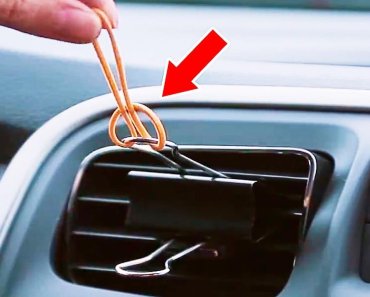Auto Insurance: Protecting Your Vehicle and Your Finances
Auto insurance is a type of coverage that protects drivers and their vehicles in the event of an accident, theft, or other unexpected events. It is an essential component of responsible car ownership, and it can help you avoid financial ruin in the event of an accident.
Auto insurance policies can be confusing, with many different types of coverage, deductibles, and limits. However, understanding the basics of auto insurance can help you choose the right coverage for your needs and budget.
In this article, we will cover the basics of auto insurance, including what it covers, how it works, and how to choose the right policy for you.
Types of Auto Insurance Coverage
There are several types of auto insurance coverage, each designed to protect against different risks. The most common types of coverage include:
- Liability insurance: This type of coverage pays for damages and injuries you cause to others in an accident. It is required by law in most states.
- Collision insurance: This coverage pays for damages to your own vehicle in the event of an accident.
- Comprehensive insurance: This coverage pays for damages to your vehicle that are not caused by an accident, such as theft, vandalism, or natural disasters.
- Personal injury protection (PIP): This coverage pays for medical expenses and lost wages if you or your passengers are injured in an accident.
- Uninsured/underinsured motorist coverage: This coverage pays for damages and injuries you suffer if you are in an accident with an uninsured or underinsured driver.
How Auto Insurance Works
Auto insurance policies work by paying for damages and injuries caused by covered events. When you purchase a policy, you agree to pay a monthly or annual premium in exchange for coverage.
If you are in an accident or your vehicle is damaged, you must file a claim with your insurance company. The company will investigate the claim and determine the amount of damages to be paid out.
In most cases, you will be responsible for paying a deductible before the insurance company pays for damages. The deductible is a fixed amount that you agree to pay out of pocket before insurance coverage kicks in.
Factors That Affect Auto Insurance Rates
Auto insurance rates are based on several factors, including:
- Age: Younger drivers are considered higher risk and may pay more for insurance.
- Driving record: Drivers with a history of accidents or traffic violations may pay more for insurance.
- Vehicle type: Expensive or high-performance vehicles may cost more to insure.
- Location: Drivers in urban areas or areas with high rates of accidents may pay more for insurance.
- Credit score: In some states, insurance companies are allowed to consider credit scores when setting rates.
How to Choose the Right Auto Insurance Policy
Choosing the right auto insurance policy can be challenging, but there are several factors to consider when making your decision. These include:
- Coverage: Consider the types of coverage you need, and choose a policy that offers the right level of protection.
- Deductible: Choose a deductible that you can afford to pay out of pocket.
- Price: Compare quotes from different insurance companies to find the best price for the coverage you need.
- Customer service: Choose a company with a reputation for good customer service and claims handling.
- Discounts: Look for discounts that can help you save on your premium, such as safe driver discounts, multi-policy discounts, or discounts for completing a driver safety course.
Conclusion:
Auto insurance is an essential component of responsible car ownership. It can help protect you and your vehicle in the event of an accident, theft, or other unexpected events. Read More






